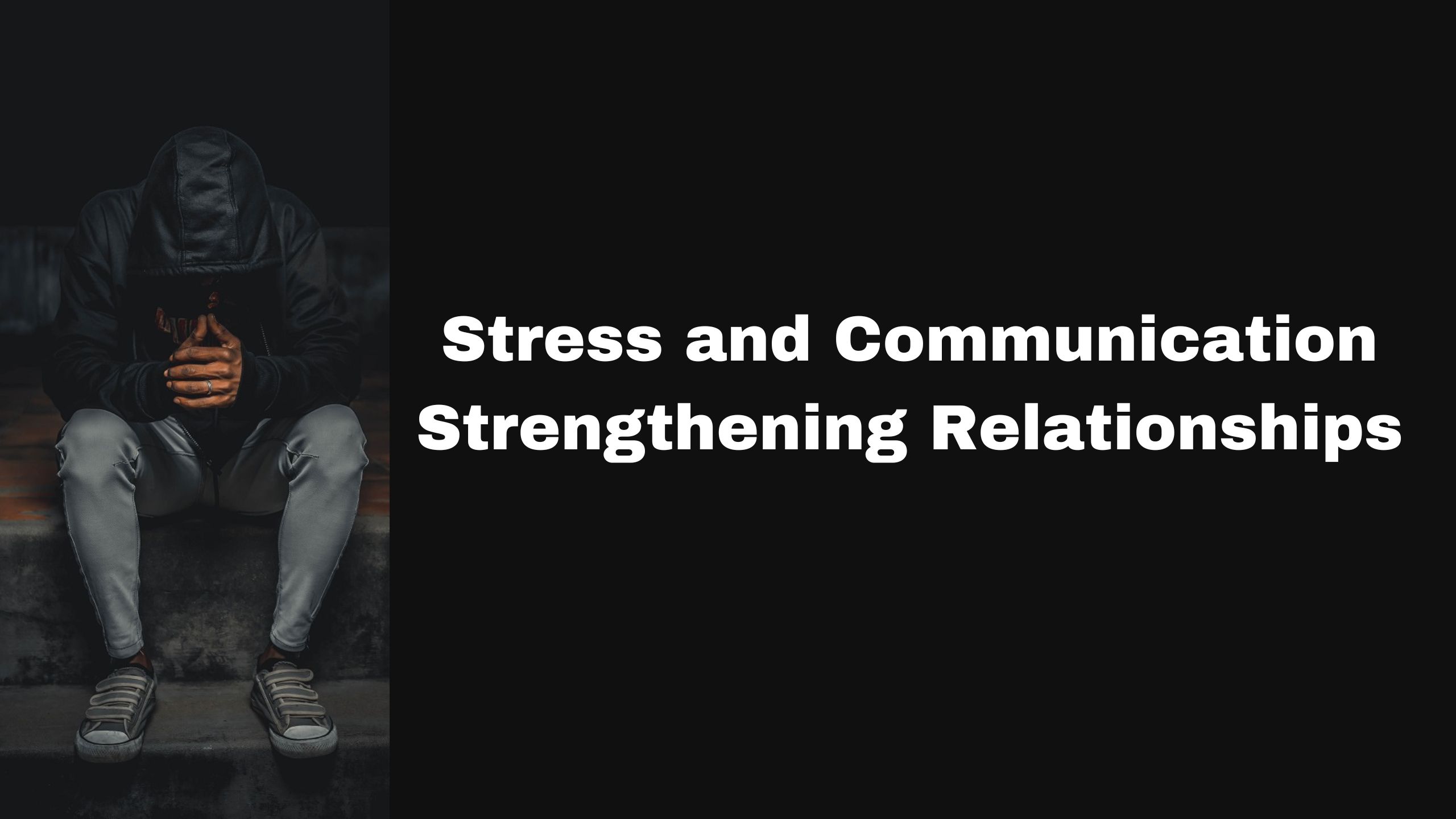Stress and Communication: Strengthening Relationships
Stress is a common and inevitable part of life, and it can impact various aspects of our well-being, including our relationships.
Effective communication is a crucial tool for managing stress and enhancing the quality of our interactions with loved ones.
By understanding the dynamics between stress and communication, individuals can build stronger and more resilient relationships.
The Stress-Communication Connection
Stress can affect communication in multiple ways, both positively and negatively:
Reduced Communication: High levels of stress may lead individuals to withdraw or become emotionally distant, making it challenging to express thoughts and feelings effectively.
Emotional Responses: Stress can amplify emotional responses, leading to outbursts, misunderstandings, or conflicts within relationships.
Listening Skills: Stress can impair active listening, causing individuals to misinterpret or ignore what others are saying.
Empathy and Support: On the positive side, stress can foster empathy and support within relationships as partners or loved ones come together to navigate challenges.
Strategies for Strengthening Relationships During Stressful Times
Open and Honest Communication: Encourage open and honest conversations with your loved ones about stressors and feelings. Share your concerns, fears, and anxieties, and actively listen to their perspective.
Practice Empathy: Try to understand and empathize with your loved ones’ experiences of stress. Validate their feelings and let them know you are there to support them.
Stay Calm and Patient: In moments of stress, strive to maintain a calm demeanor and exercise patience. This can prevent conflicts from escalating and provide a sense of emotional safety.
Set Realistic Expectations: Understand that you and your loved ones may have limitations during stressful times. Adjust your expectations accordingly and avoid putting undue pressure on each other.
Non-Verbal Communication: Pay attention to non-verbal cues, such as body language and tone of voice. Often, these signals can reveal underlying emotions that may not be expressed verbally.
Take Breaks: If a conversation becomes too emotionally charged, consider taking a break to cool down and regain composure before continuing the discussion.
Problem-Solving Together: Collaborate on finding solutions to stressors. Working together to address challenges can strengthen the bond between individuals.
Seek Professional Help: If stressors are causing persistent conflicts and communication breakdowns, consider seeking the guidance of a therapist or counselor who can provide tools and strategies for improving communication.
Conclusion
Stress is an unavoidable part of life, but it doesn’t have to erode the quality of your relationships. Effective communication during stressful times can strengthen bonds, enhance empathy, and foster support.
By practicing open and honest communication, showing empathy, staying calm, setting realistic expectations, and seeking professional help when needed, individuals can navigate stress together and emerge from challenging times with stronger and more resilient relationships.
Remember that effective communication is a skill that can be developed and refined over time, and it is a valuable tool for enhancing the well-being of both individuals and their relationships.

